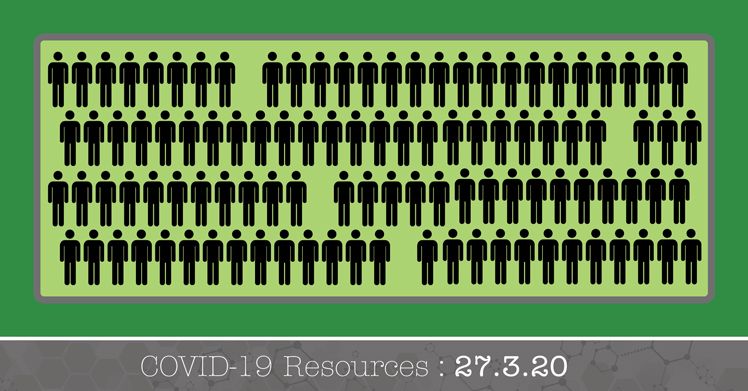For dentists across the UK, this is a hugely worrying time with almost every practice either closed or open for emergency treatment only.
However, for practices with a patient plan in place, there is some comfort in knowing that Direct Debits are still being taken and that income should still come into accounts for the foreseeable future.
Of course, as patients find their own income cut off or compromised, many will be looking through their bank statements searching for ways to save money. So, it is likely that you will see a (hopefully) small percentage looking to cancel their plan.
The question is…are there ways of encouraging those patients to stay on the plan and to protect your income?
The answer is ‘YES’…
Keep communicating to your patients
Firstly, all of the evidence shows that patients on a plan have a stronger relationship with their dentists and, as such, are more loyal compared to ‘pay-as-you-go’ customers.
The most important thing is to keep communicating with your patients to maintain a connection and to ensure the bond is as strong as possible.
Social media and emails are the most obvious channels to do this. You should post and email at regular intervals keeping your patients up-to-date on any developments resulting from the crisis, but also by connecting with them on a human level – sharing your experiences and stories. At all times remain positive, helpful, supportive and optimistic about the way forward.
You might also consider setting up a telephone, email or online hotline where patients can get answers to their questions and reassurance that the practice is there for them and working behind the scenes to be ready to reopen whenever it is safe to do so.
Develop a clear approach to handling patients looking to cancel their plan
However, despite all of your efforts, there will be times when a patient contacts you to cancel their plan and that, of course, is their prerogative. But how you handle that call might persuade some patients to change their minds and stay on your plan. Here are some things that you can talk about or mention.
Firstly, most patients are paying ahead for their treatment and are on a six-month recall for appointments. It is hoped that the main threat from Covid-19 will have passed within three months, so, according to where your patient is in their six-month cycle, there may be no interruption to their dental care at all.
If their next appointment is delayed, you could think of implementing a plan of action to see those who have waited longest between appointments first, so you have a programme of catch up. Perhaps you could plan to open earlier or offer more late nights to be able to accommodate these patients quickly? Start to look at diary zoning for these patients to protect time for them in the dairy.
You might also appeal to your patient’s better nature by telling them that if they were to stay on the plan, they are helping your practice to survive and increasing the chances that the practice will be able to reopen when the crisis has passed. In other words, they are helping to protect a service that they will need in the future.
There is also the point that, as patients pay ahead for their treatment, cancelling their plan now, would mean that they would effectively go back to zero, so re-joining on the day of their first appointment back would mean that first appointment would not usually be covered.
If you’re patient is still looking to cancel the plan, you might reiterate to them that the plan is, effectively, their membership of the practice and their guarantee that they will be seen once the crisis is over.
It is not unreasonable to predict that some dental practices will not survive this crisis and, if they close, their patients will need to look for another practice. As a dental plan is clearly a safety net and buffer in times like these, you might want to convert your whole patient base onto a plan. Current patients cancelling their plan now might find that, when they decide to return, you now have a full list made up of those patients who stayed on your plan and others who have joined from practices that have closed.
As such, staying on the plan, for existing patients, is their guarantee of still having a dentist once the crisis is over.
As a further incentive to stay on the plan you may also want to have a think about a promise of a price freeze on plan cost until 2022 and/or offering a complementary gift or appointment (something like Airflow added onto a hygiene visit, or possibly a voucher towards their next course of treatment or oral health products).
The key to all of these approaches is to emphasise to your patient that they have something of value in being a plan member and they shouldn’t give it up lightly.
You can find more personal and business help and advice about dealing with the Covid-19 crisis on our dedicated Instapage: covid.practiceplangroup.co.uk
